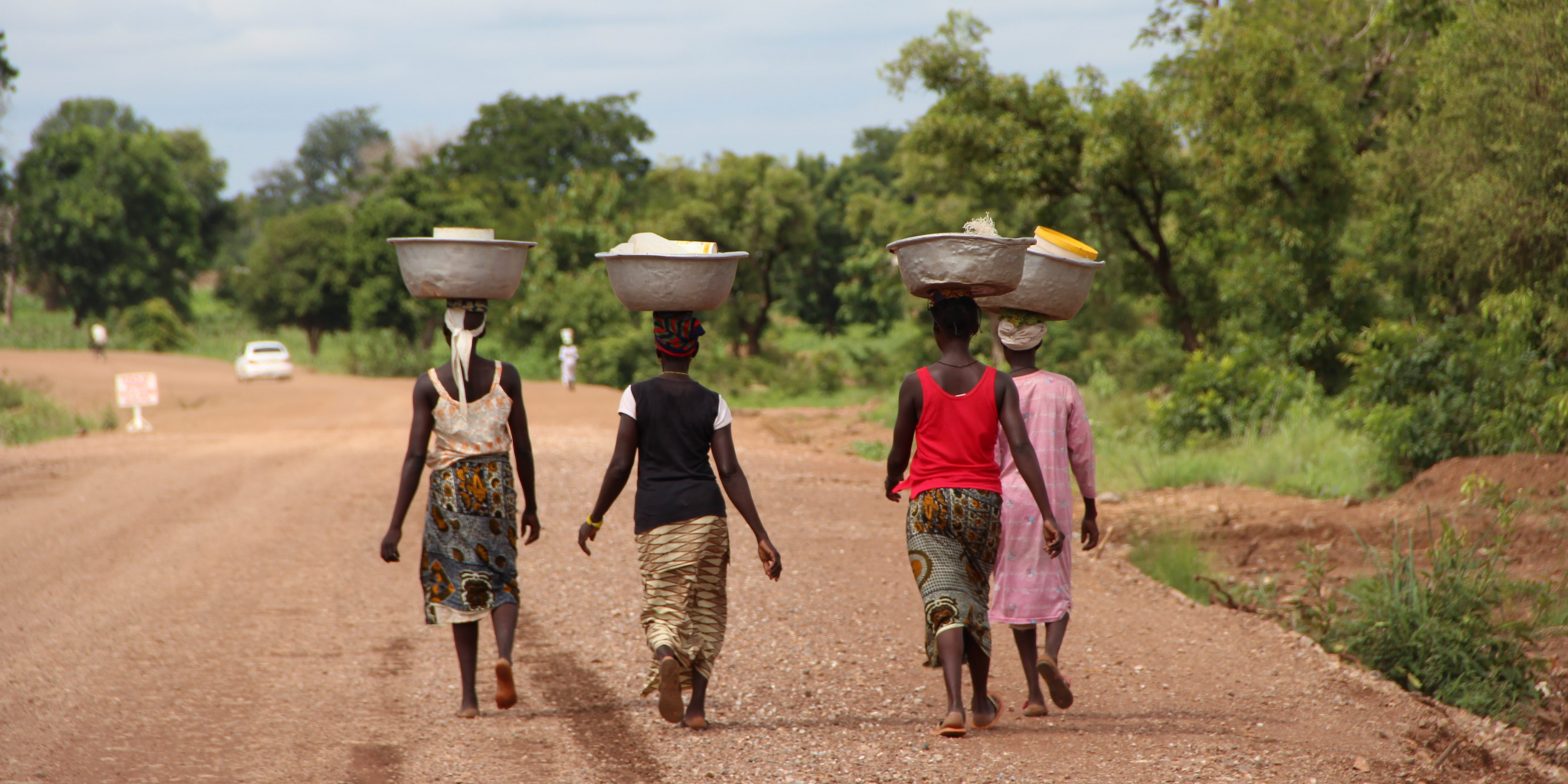On the couch, eating chips, scrolling through another day’s worth of horrendous news—that is how many of us are spending our third month in quarantine. Resolutions are undoubtedly coming undone in 2020. But somewhere out there, people are resolute, fighting the virus, fighting against racism, fighting the war on poverty—fighting for what is right.
Staying resolute can be difficult when staying at home seems to be the only thing we can do, even as we continue to receive news every day about people dying. But there are more things than ever we need to address right now. With every single issue, there are people that demand an immediate fix, whether to save our economy, prevent further riots, or end the quarantine. Some are concerned for those living on edge. Others are concerned for the big numbers, our nation’s GDP. Many think that foreign aid should be the first to go; it is useless to fight poverty abroad when we can better use the money to better the economy at home.
Like a global pandemic that cannot end unless tackled in every region of its appearance, our fight against poverty can only be successful if confronted at every corner. Where there are cases of extreme poverty abroad, there will be cases of poverty at home. In no way are these competing interests. Times like these always hit the poor the hardest. They bear the greatest burden yet receive the least amount of help.
Cutting foreign aid is thus by no means a solution to any problem. Instead, it slows down our own growth, stunting our ability to recover from the pandemic. It may not mean much to you that while Africa carries an astounding 23% of the global disease burden, it only receives 1% of the global health expenditure. It may not mean much to you that healthcare systems in the poorest regions are crumpling from lack of resources. It may not mean much to you that an estimated 49 million people are being pushed into extreme poverty. It may not mean much to you that the regions with low-income net-food-importing countries run a risk to major interruptions of food supplies right now. Poverty seems undefeatable anyway, doesn’t it?
No. The percentage of the global population living in extreme poverty fell below 10 percent for the first time in 2015. At the same time, the fight against poverty only seems sluggish because we are not doing enough. The U.S. allocates only 0.2 percent of its GDP to foreign aid, giving more to our largest defense contractor than to all aid efforts combined. What many don’t realize is that foreign aid is much more than a way to appease our neighbors and ease our own conscience. Setting aside all moral arguments about poverty, foreign aid has a substantial impact on our own economic prosperity.
The return on investment of foreign assistance is extremely high: countries like South Korea, Brazil and Mexico that have received U.S. aid in the past are amongst our biggest trade partners today. Foreign assistance is crucial in helping to build global economies and networks that boost our own economic performance. 95 percent of U.S. product consumption is based in other countries, which means that the number of foreign consumers and their ability to afford U.S. products is what drives many American companies to support foreign aid. Untapped markets are now our greatest resource.
Our fights against COVID-19 and poverty are impossible to disentangle. We must ensure that foreign aid continues to reach those who need it the most, both to prevent further spread of the virus as well as to facilitate our own economic recovery and future growth.
Yes, we are all stuck at home right now. But there are prolific ways we can help besides just lounging in our living rooms, occasionally sharing posts and hashtags. Donate when you can. Sign petitions when you can. And contact Congress. This is something that many people do not realize can make a difference:
As The Borgen Project explained, “Congressional staffers keep a tally of every issue that people in their district contact the leader about. This information goes into a weekly report that is viewed by the congressional leader and key staff. Just one email will get the issue or bill on your leader’s radar.”
The Borgen Project has a database of poverty-reducing legislation and pre-written email templates that you can use to make an impact. Reach out. Contact Congress. There is no better time than right now, from your couch.

